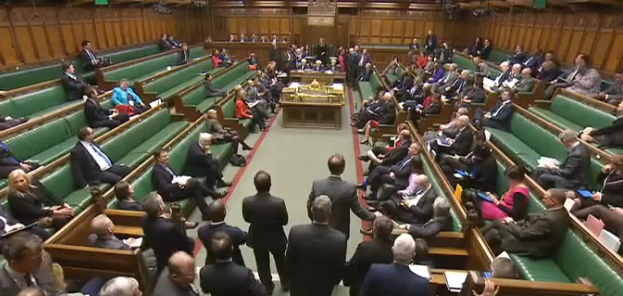- 19/01/2016
- Posted by: Valerie Vaz MP
- Category: News

On the 19 January 2016, there was an opposition day debate on the rising cost of public transport.
Regulated rail fares have gone up by 25% on average since David Cameron came to power, and the cost of some season tickets have risen by up to 38% since 2010 – leaving some passengers paying thousands of pounds more each year. Bus fares have also risen by 26% on average after Ministers cut support for bus services in the last Parliament.
The Tories are out of touch on the rising cost of public transport. Ministers say that passengers need to realise that ‘they are paying fare fares for comfortable commuting,’ but prices have risen three times faster than wages under their watch. Despite these rises, Passengers have not been rewarded with many of the promised improvements.
Ministers broke election pledges to electrify key routes in the Midlands and the North just weeks after the ballot boxes had closed, and now the rail investment programme is delayed by years and billions of pounds over the budget. George Osborne also promised to deliver a Northern Powerhouse, but instead a Northern Powercut occured. It is clear that the link between fares rises and investment has been broken.
The debate was moved by Lilian Greenwood MP: ‘that this House believes that the rising cost of public transport is adding to the financial pressures facing many households; notes that over 2,400 local authority-supported bus routes have been cut or downgraded since 2010; regrets that bus fares have risen by 26 per cent on average and regulated rail fares have risen by up to 38 per cent since 2010; further regrets delays to rail infrastructure projects including the electrification of the Great Western Main Line, the North TransPennine route and the Midland Main Line; notes with regret the decision by the Scottish Government to award the ScotRail franchise to a private operator, rather than exploring alternative options; calls on the Government to bring forward a buses bill as announced in the Queen’s Speech to enable the regulation of local bus networks; and further calls on the Government to rule out the privatisation of Network Rail and instead extend to franchised services the model of rail public ownership that delivered record passenger satisfaction scores on the East Coast Main Line’.
The results were Ayes 213 and Noes 305.

